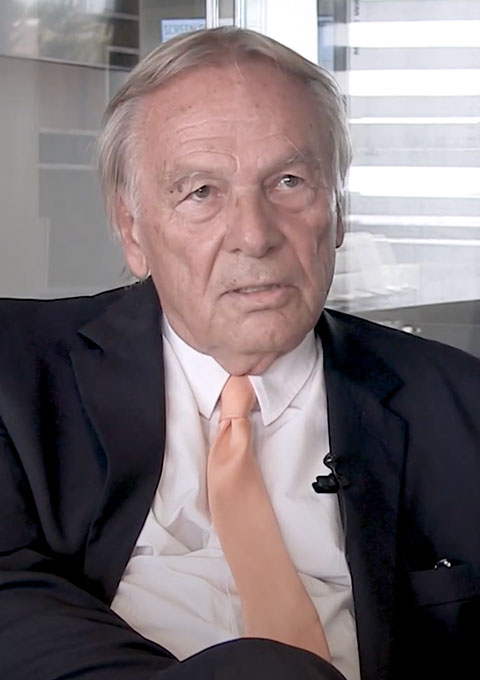In this interview recorded during the Atlantic Dialogues, Mr. Helmut Sorge, Columnist at the PCNS interviews Mr. Masood Ahmed, President of the Center for Global Development about his insights on Globalization between yesterday and tomorrow. In fact, although the process of linking countries together through Trade and Financial Flows has resulted in an improvement of living standards around the World, as it is the case of many countries in Asia, Latin America and Africa who have profited from being part of a Global Economy, but it has also brought with it some vulnerabilities. What are the strengths and the challenges of Globalization nowadays?
Speakers

Helmut Sorge
Columnist
Helmut Sorge is a columnist at the Policy Center for the New South, where he publishes opinion pieces in the format of international press reviews of current events related to the Middle East and European affairs, and conducts interviews with high level policy makers and PCNS researchers. He is also a lecturer on journalism and the media. For over 40 years, Helmut Sorge served as a writer, former Foreign correspondent, Foreign editor, and Middle East expert for Germany's leading newsmagazine "Der Spiegel" to Washington, London, Paris and Los Angeles. He reported from Vietnam, the Middle East, wrote about safaris, nuclear accidents, visited prisoners on death row in the United States. The German weekly “Gala” summarized in 2011, when his latest book, a collection of biographies ...











